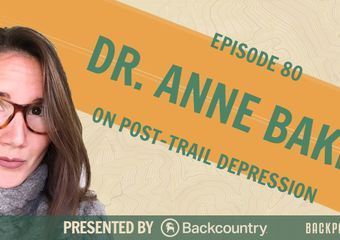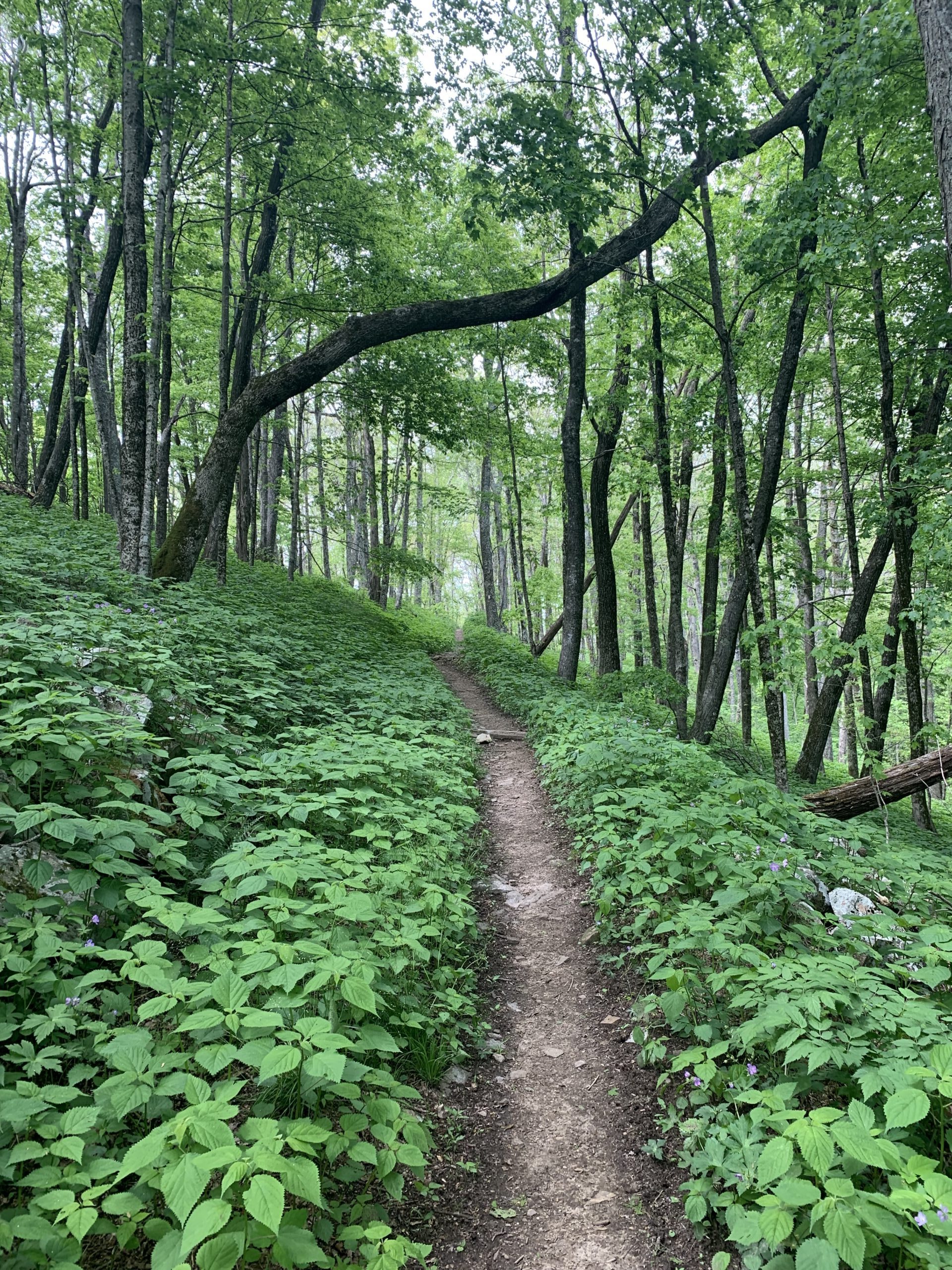It’s OK to Grieve the Loss of Your 2020 Thru-Hike
Dear readers,
Some of you have recently reached out to decry 2020 NOGO hikers who have claimed to experience grief at the sudden cancellation of their thru-hikes.
I get it. Grief is a strong word.
I can see how, amid all the COVID-induced sacrifice and struggle this year, it might appear frivolous for hikers to care so much about something as small as hiking. Not hitting the trail has been a disappointment for many, of course, but surely it doesn’t rise to the level of grief… right? To suggest that it does is to trivialize the true hardships endured by so many others this year.
I understand your perspective, but I don’t agree. Here’s why.
No one should have to justify their grief.
I’m sure we can all agree that some experiences in life are more difficult or painful than others. It’s fair, even healthy, to acknowledge the fact that at any given moment, someone out there is struggling more than we are. The ability to realize this is a key component of empathy, compassion, and gratitude.
But the existence of terrible things shouldn’t invalidate the existence of things that are merely bad in comparison. That’s why I would encourage you to resist the urge to qualify or “rank” your own or other people’s suffering and sadness. Two, even three things can all suck at the same time, and none of them has to trivialize or invalidate the others. After all, since when did grief become a dick-measuring contest?
There are no winners here.
Competing to decide which of us has been hurt the most (by COVID or otherwise) is a pointless race to the bottom. We’re not earning points on some great cosmic scoreboard for having the most baggage.
Instead of arguing about which sucky thing ought to count the most, why not use our shared experiences of sadness and loss—regardless of the degree—to foster compassion and empathy for one another?
Thru-hikers are human beings who deserve to be treated with kindness, just like everyone else. (If you’re in doubt about this, a good rule of thumb is to treat ALL people with dignity and respect).
Like you, hikers have lives beyond the trail and worries of their own. Are we really incapable of believing that they might also have lost loved ones, struggled to make ends meet, or experienced other hardships in the course of their lives?
If a person says they’re grieving, why would we doubt them? Surely these adult men and women understand what grief is and can decide for themselves whether or not they’re experiencing it now. They don’t need someone else to measure their losses and explain to them whether or not they deserve to feel sad.
It’s generally best to reserve judgment until you know where the other person’s coming from.
To you, thru-hiking might sound like an extended vacation. But to someone else, it might have meant more. Maybe, like the World War II vet and early AT thru-hiker Earl Schaffer, they hoped to “walk off” a long and difficult chapter of their lives and find healing. Maybe their sadness at the cancellation of thru-hiking in 2020 is an extension of a deeper loss.
Whatever their motivation, it’s easy to dismiss the loss of a thru-hike with a simple “the trail will always be there.” But this isn’t true for everyone: some who called off their hikes due to COVID this year will never get another opportunity to go. For many, this represents the loss of a lifelong dream and years of planning.
Tl;dr: you don’t know what these people’s hikes meant to them, and you don’t have to know. That’s what empathy is for.
Lifehack: If something on the internet offends or annoys you, just keep scrolling.
I promise that it works like a charm. If a person on the internet expresses sadness because their thru-hike was canceled this year, no action is required on your part. That person isn’t asking for your pity. They’re not asking you to pay attention to them or give them money. And they’re definitely not asking you to opine about the nature of grief in the form of a snarky Facebook comment. In fact, it’s probably not about you at all. They’re expressing a feeling, and you just happened to be there. Before getting angry, ask yourself: Why do you care?
The hiking community has always been tight-knit. For many of us, it’s not the mountain vistas or the exercise that draws us to the trail so much as it’s the people. In an increasingly divided world, trail people of all backgrounds have always managed to come together as friends because we share a passion for the world’s long trails.
Out there, we rely on each other for information, encouragement, and safety. We help each other out. We should be able to do that back home, too. Times are hard. Now, more than ever, we should be pulling together as one hiking family, on the trail and off—not putting each other down.
This website contains affiliate links, which means The Trek may receive a percentage of any product or service you purchase using the links in the articles or advertisements. The buyer pays the same price as they would otherwise, and your purchase helps to support The Trek's ongoing goal to serve you quality backpacking advice and information. Thanks for your support!
To learn more, please visit the About This Site page.







Comments 1
I stopped my thru-hike of the AZT in March due to Covid-19. It was going to be my first thru-hike ever. I felt guilty and selfish talking about the sadness and almost emptiness I felt coming off trail amidst the horrible things happening due to the pandemic. But the trail is my soul, it grounds me and prepares me for life. I need it.
Hiking life is also my community and I need the people that love trails just as much as me.
Thank you for writing this. I wish everyone out there health and healing.